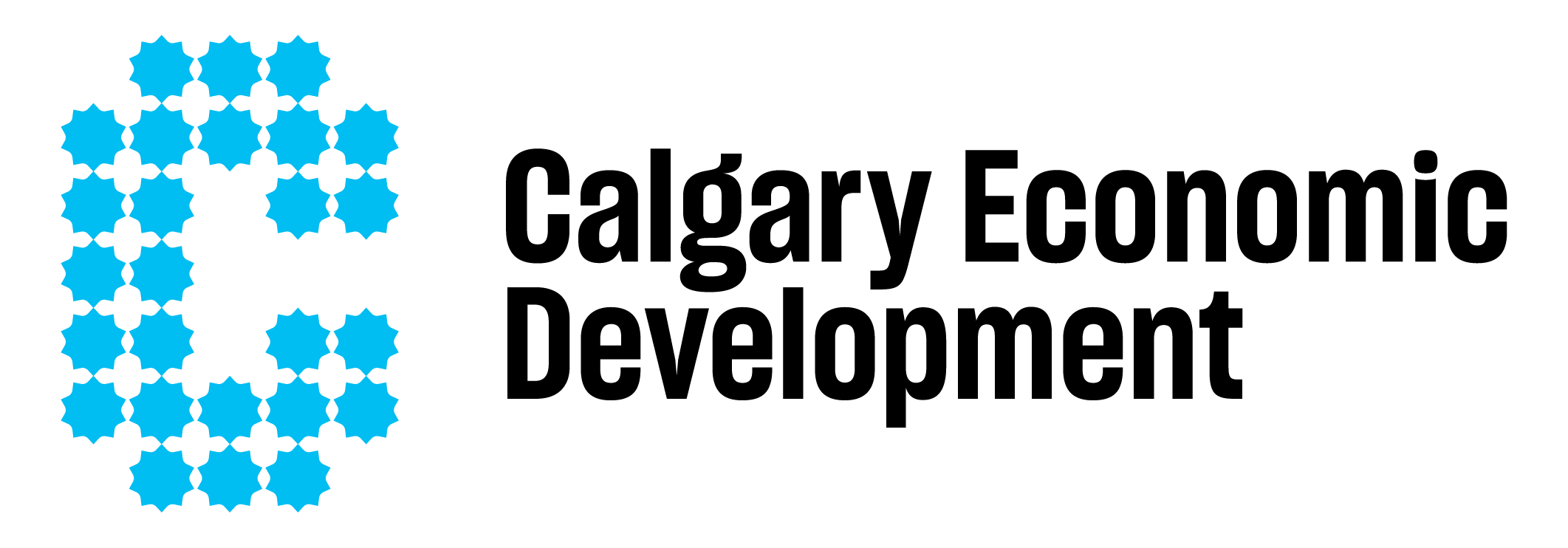A study into the economic contributions of Indigenous households, governments and businesses reveals the potential of the Indigenous economy and the pivotal role Indigenous Peoples play in fostering economic prosperity for Calgary and the Treaty 7 Region.
Indigenous economic contributions measured for first time
Jointly commissioned by Calgary Economic Development and the City of Calgary, and executed by MNP, the Indigenous Economic Contribution Study reports that the Indigenous economy generated a total GDP of $1.5 billion in 2021, approximately 1.2 per cent of Calgary’s total GDP.
Of this, First Nations governments contributed $540 million, Indigenous-owned businesses contributed $450 million, and Indigenous households contributed $530 million.
“This study highlights the contributions Indigenous Peoples and businesses make to the Calgary regional economy,” said Calgary Mayor Jyoti Gondek.
“As we pursue Economic Reconciliation, understanding the opportunities and barriers will better enable entrepreneurs, businesses and governments to collectively unlock the talent and ideas of First Nations, Métis and urban Indigenous Peoples.”
With the Indigenous population in Calgary young, growing and able to fill labour gaps now and in the future, seizing the Economic Reconciliation opportunity positions Calgary’s economy for sustainable growth.
“Building an economy that is inclusive and accessible for everyone is a priority in Calgary’s economic strategy,” said Brad Parry, President & CEO, Calgary Economic Development.
“Our city can only realize its full economic potential by deliberately removing barriers to economic participation. This study both proves this and provides tangible actions we can take to champion the growth of the Indigenous economy.”
Approximately 42 per cent of the Indigenous population in Calgary is under the age of 25, compared with 29 per cent of the non-Indigenous population. At an annual average growth rate of 3.6 per cent, this group is also growing at nearly double the rate of the non-Indigenous population (1.6 per cent).
Study recommends three actions on path towards Economic Reconciliation
Economic Reconciliation is the process of making economic amends for historical injustices to Indigenous Peoples.
The study makes three specific recommendations to increase Indigenous economic participation, led by the City of Calgary, civic partners, community organizations and businesses:
- Support an Indigenous Procurement Program: Collaborate with the City in its current development and implementation of an Indigenous Procurement Program to increase access to City contracts for Indigenous-owned businesses.
- Strengthen Indigenous economic development: Work with the Blackfoot Confederacy Nations, Tsuut’ina Nation, Stoney Nakoda Nations, Métis and urban Indigenous economic development organizations to enhance program offerings and support for Indigenous businesses.
- Attract Indigenous meetings and events: Foster a sense of connection by attracting Indigenous meetings and events, laying the foundation for relationship-building and encouraging the establishment of Indigenous businesses in the region.
“First Nations are drivers of economic development and prosperity,” said Jamie Springchief, Community and Economic Development Manager, Siksika Nation.
“Reconciliation is important but can only be achieved through ReconciliACTION. Ensuring that First Nations are key players in procurement and project planning and development is the key to success. In the true spirit of Nation Building, we all must recognize that we are stronger together.”
Study tracks progress towards Economic Reconciliation
The economic contributions data captured in the study will be updated on an ongoing basis, following the release of new census information by StatsCan.
“Community Futures Treaty Seven is very pleased with the Indigenous Economic Contribution Study that was conducted by The City of Calgary and Calgary Economic Development and views it as a very positive step in the history of Indigenous Economic Development,” said Shawna Morning Bull (Ikinnaisipistoohkomi), Manager Business Development, Community Futures Treaty 7.
“With ongoing updates expected, this assures long-term edification for Indigenous and non-Indigenous stakeholders, as this data will be able to provide an improved and factual explanation of the Indigenous economy in Treaty Seven.”
By continuously measuring these key indicators, the study will quantitatively track progress against economic measures and actively close the gaps identified in the study.
“It has been the resource sector that has led this country’s relationship with the Indigenous People. It is now the resource sector that will lead the Indigenous People’s relationship with this country,” said Arthur Cunningham, Elder, Métis of Alberta.
To continue this important conversation, the Calgary community is encouraged to register for the New Economy LIVE: Advancing Economic Reconciliation webinar on Jan. 18, hosted by Calgary Economic Development.

